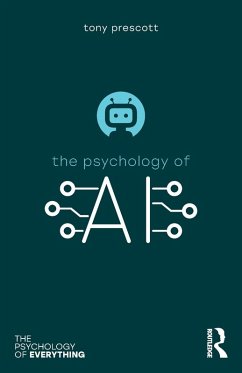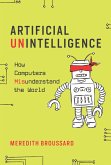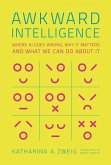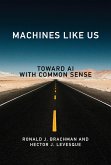What is Artificial Intelligence? How will AI impact society? Is AI more powerful than human intelligence?
The Psychology of AI explores all aspects of the psychology-AI relationship, asking how closely AI can resemble humans, and whether this means they could have some form of self-awareness. It considers how AI systems have been modelled on human intelligence and the similarities between brains and computers, along with the current limitations of AI and how these could be overcome in the future. It also looks at how people interact with AI in their everyday lives, exploring some of the ethical and societal risks, such as bias in AI algorithms, and the consequences for our long-term future if AIs do surpass humans in important ways.
As AI continues to break new milestones, The Psychology of AI answers key questions about what it really means to be human, and how AI will impact our lives in every way, now and into the future.
The Psychology of AI explores all aspects of the psychology-AI relationship, asking how closely AI can resemble humans, and whether this means they could have some form of self-awareness. It considers how AI systems have been modelled on human intelligence and the similarities between brains and computers, along with the current limitations of AI and how these could be overcome in the future. It also looks at how people interact with AI in their everyday lives, exploring some of the ethical and societal risks, such as bias in AI algorithms, and the consequences for our long-term future if AIs do surpass humans in important ways.
As AI continues to break new milestones, The Psychology of AI answers key questions about what it really means to be human, and how AI will impact our lives in every way, now and into the future.








